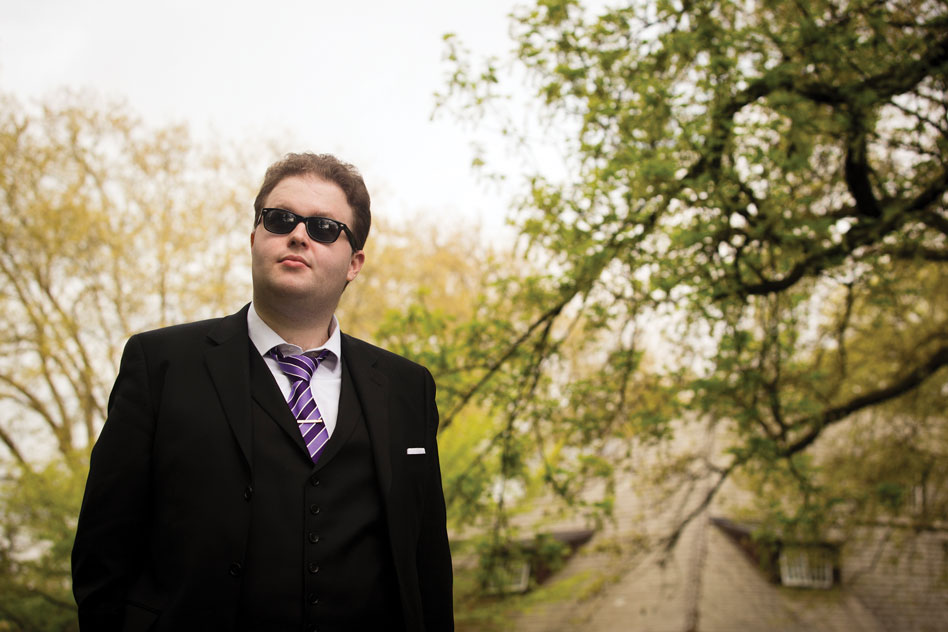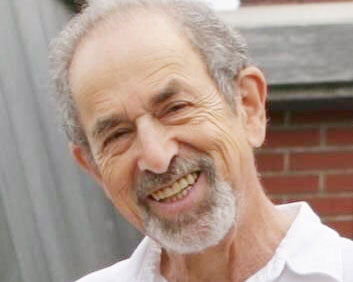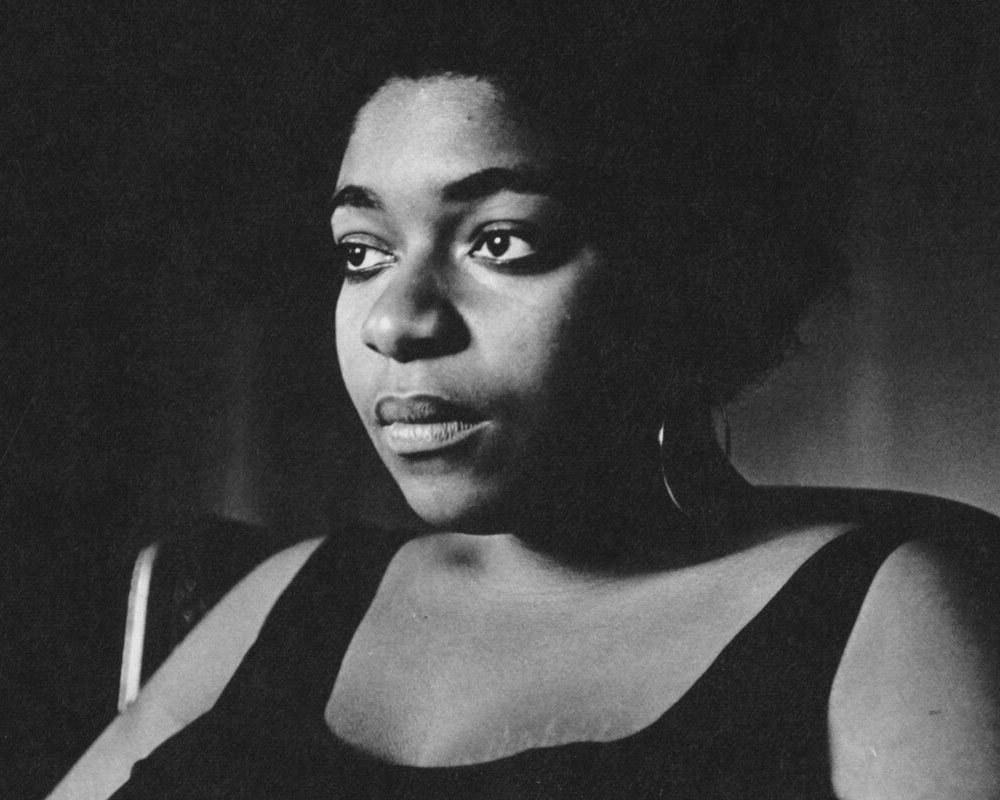Authored Elegant Thrillers
Roger Hobbs ’11

Bestselling crime writer Roger Hobbs ’11, whose debut novel Ghostman became an international hit, died in Portland of a drug overdose at the age of 28.
A precocious storyteller, Hobbs demonstrated a passion and talent for writing even as a child. He streaked like a comet across the literary firmament, producing two thrillers that won numerous awards and critical acclaim.
He once described the experience of coming to Reed as “stepping into sunshine after four years in the dark. I could start fresh alongside hundreds of others who were ripe to shed their high school selves.”
Born in Boston, Massachusetts, the son of Randy and Renee Hobbs, Hobbs completed his first (unpublished) novel by the time he was 13 years old. He graduated from a suburban Philadelphia high school he described as “one of those big Eastern public schools that pumps out students in a way that would make 19th-century industrialists throw their top hats into the air and shout ‘Huzzah!’” In high school he wrote a play, “Not Another Divine Comedy,” which won the Pittsburgh New Works Festival and was performed by the Open Stage Company.
During his freshman year at Reed, the he wrote an essay for the New York Times titled Instant Message, Instant Girlfriend, about growing up with online media. He described his high school self: “I was at the bottom of the barrel, a plump, silent, painfully awkward dweeb who clung to his Latin textbook as if it held the secrets to existence.” But as the ladies began to respond to his online persona he experienced a transformation. “I suddenly shifted from on overweight, overdressed frog to a charming, handsome, technology-savvy prince.”
At Reed, he developed an interest in the noir genre. Majoring in English, he also studied ancient languages and narrative. His senior thesis, The Eye that Sees and the Voice that Speaks: Critical Theory and Edgar Allan Poe’s “The Purloined Letter,” was written under the supervision of Prof. Robert Knapp [English 1974–]. His friends invariably referred to him by his last name.
“Hobbs, as he preferred to be called, was a lovely person,” Knapp said. “He had a keen, avid mind, a distinctive voice, and was a kind and complicated soul. We all much admired his elegant thrillers, one of which he finished while writing a brilliant senior thesis.”
Hobbs wrote Ghostman during his senior year at Reed. In his vernacular, a ghostman is an identity thief who works with criminal organizations to help people disappear. He wanted to play around with old-school criminals. “Essentially I wanted my characters to be analog players in a digital world,” he explained. “What would a real bank robbery look like in the 21st century?”
He queried literary agent Nat Sobel, sending him the first 50 pages of the manuscript. “What he sent was terrific,” Sobel said, “some of the best opening pages I’ve ever read.” Hobbs sent Sobel the finished manuscript on the day he graduated and signed a deal with Knopf soon after.
Ghostman became an international hit, making the New York Times bestseller list, and translated into 20 different languages. It won the Ian Fleming Steel Dagger for Best Thriller, the Strand Critics Award for Best First Novel, and the Maltese Falcon Society Award for Best Hardboiled Novel. Warner Brothers purchased the movie rights.
New York Times critic Michiko Kakutani wrote that Hobbs “seizes our attention and holds it tight, not so much through his plotting or his characters but through his sheer, masterly use of details, and the authoritative, hard-boiled voice he has fashioned for Jack.”
His second book, Vanishing Games, was published in 2014, and at the time of his death he was working on his third. Friends remember him as a talented composer, with a love for travel, gambling, and making snarky comments about bad movies.
Professor Roger Porter [English 1961-2015], taught him in a course on Shakespeare and film. “Hobbs was a wonderfully imaginative student, often quirky in his insights and frequently brilliant; but his ideas were always devastatingly smart, and in class they served to move discussions in unexpected and inevitably fruitful directions. He was one of those students from whom I learned as much as I taught. Hobbs knew how to talk about film with wonderful acuity, and he always sought to find ways to see how a film director would help the viewer discover completely new things about the Shakespeare play being filmed. He had talent to burn, and his loss at such an early age is tragic, especially given all he might have accomplished.”
Hobbs’ parents; sister Rachel LeCure; and partner, Lara Evenson ’11 survive him.
[Editor's Note: The print edition of Reed Magazine ran this obituary under an inaccurate and unflattering headline, due to my poor grasp of French. I apologize for any misleading impression this may have caused. Hobbs was an incredible writer and will be sorely missed.— Chris Lydgate ’90]
Appeared in Reed magazine: March 2017





![Photo of Prof. Marvin Levich [philosophy 1953–94]](https://www.reed.edu/reed-magazine/in-memoriam/assets/images/2022/LTL-levich1.jpg)
![Photo of President Paul E. Bragdon [1971–88]](https://www.reed.edu/reed-magazine/in-memoriam/assets/images/2020/Bragdon.jpg)
![Photo of Prof. Edward Barton Segel [history 1973–2011]](https://www.reed.edu/reed-magazine/in-memoriam/assets/images/2020/Segel.jpg)








































































